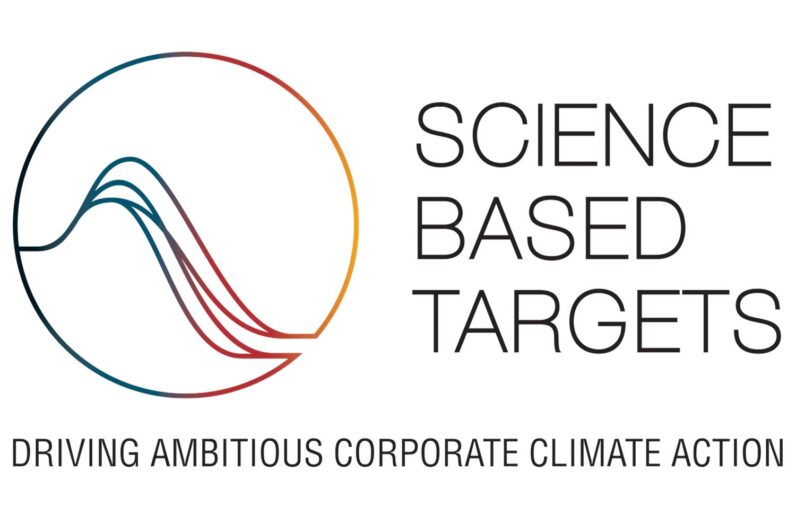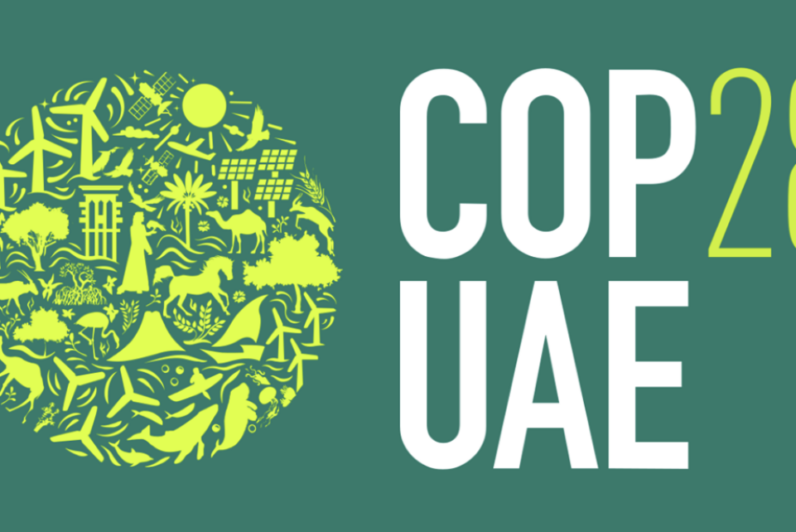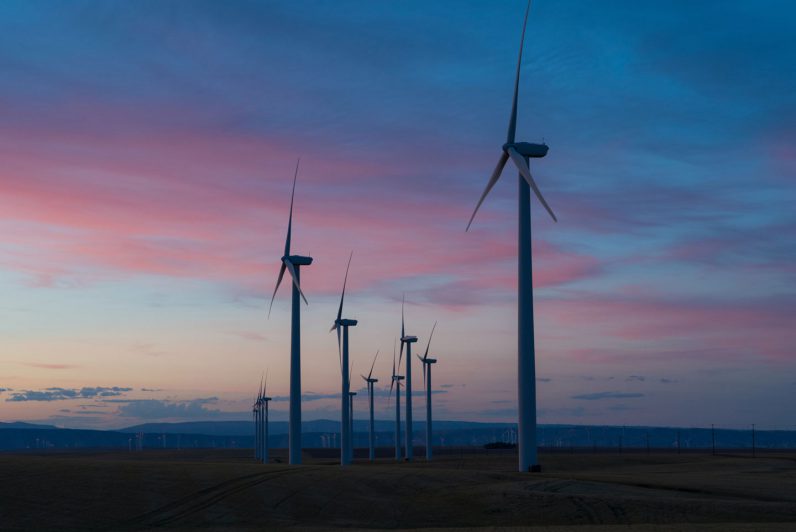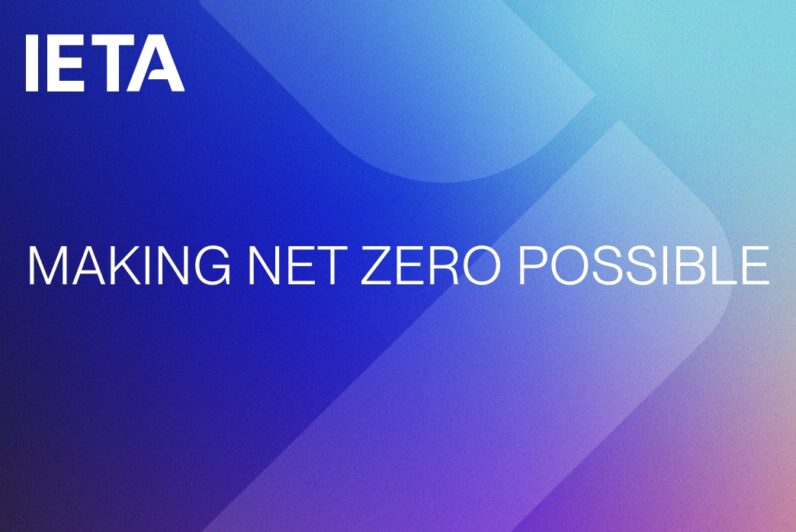News
For the latest in climate policy news, announcements and updates on IETA activities, you’ve come to the right place. Contact press@ieta.org for more info.
Filter:
-

IETA publishes overview of international reaction to EU’s carbon border levy
18.04.24|Press Releases
Read more
-

IETA publishes comprehensive global Handbook on Geostorage and Carbon Crediting
17.04.24|Press Releases
Read more
-

IETA issues guidelines for high-integrity use of carbon credits
16.04.24|Press Releases
Read more
-

European Parliament approves Carbon Removal Certification framework
10.04.24|Press Releases
Read more
-

IETA response to SBTi
10.04.24|Press Releases
Read more
-

Proposal for EU 2040 climate targets is the first step towards EU emissions trading rules for a net-zero future, says IETA
06.02.24|Press Releases
Read more
-

IETA regrets Article 6 failure, calls for end to “politicisation” of markets
13.12.23|Press Releases
Read more
-

IETA’s GHG Market Report 2023 showcases the evolving carbon market
10.12.23|Press Releases
Read more
-

IETA elects Enric Arderiu as Chair, Mary Grady and Federico di Credico as Vice-Chairs at AGM
09.12.23|Press Releases
Read more
-

IETA Carbon Market Business Briefs capture growth in Asia
25.10.23|Press Releases
Read more
-

Driving climate ambition focus of new IETA, Forbes partnership
11.10.23|Press Releases
Read more
-

Europe’s CBAM encouraging more countries to set up carbon markets to hit net zero targets, says IETA
02.10.23|Press Releases
Read more
-

Message from Dirk Forrister on IETA’s Rebranding
18.09.23|Press Releases
Read more
-

New research finds investment into carbon projects totals more than $36 billion since 2012 with another $3 billion in future investment already committed
14.09.23|Press Releases
Read more
-

IETA launches Asia hub in Singapore
08.06.23|Press Releases
Read more